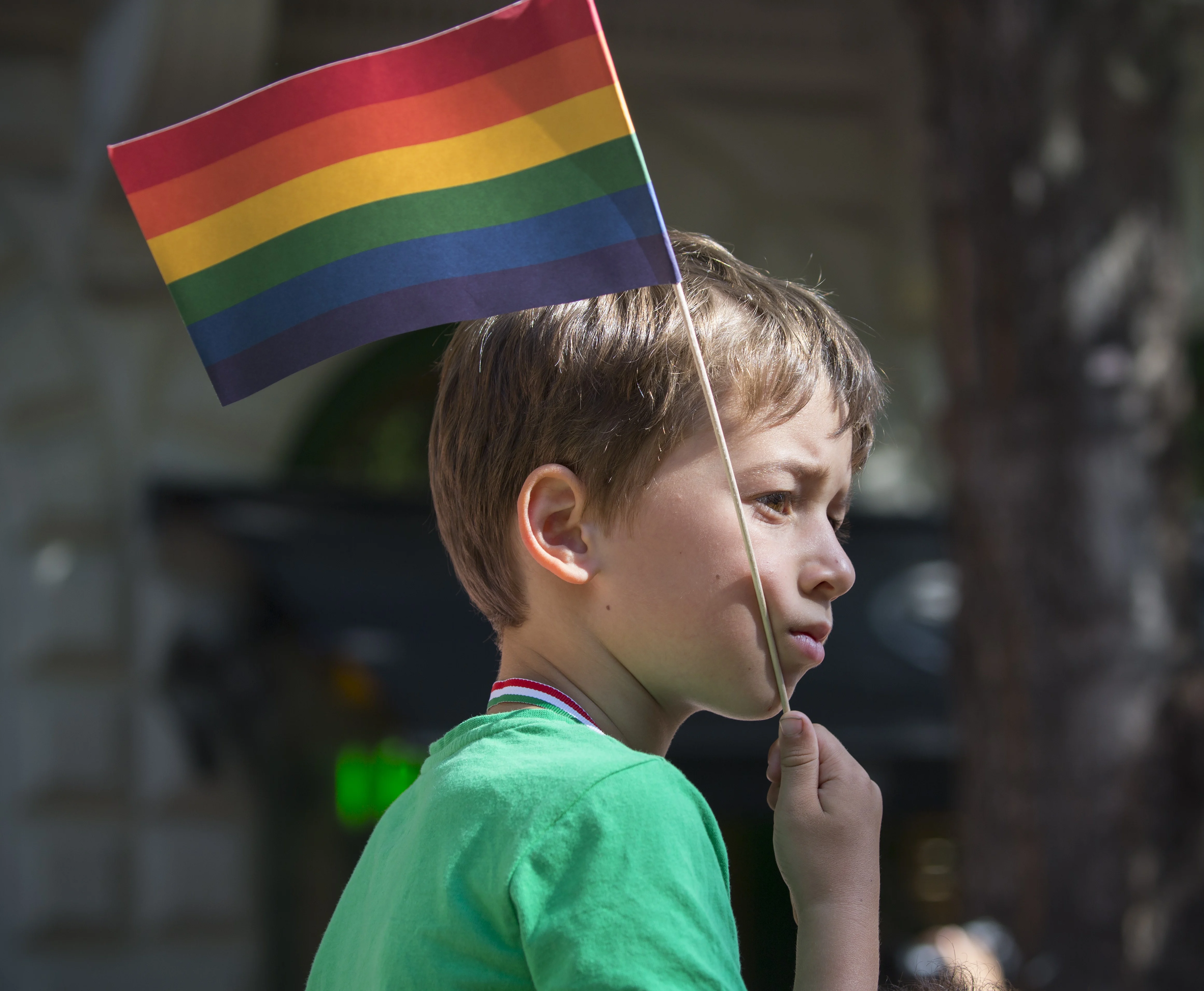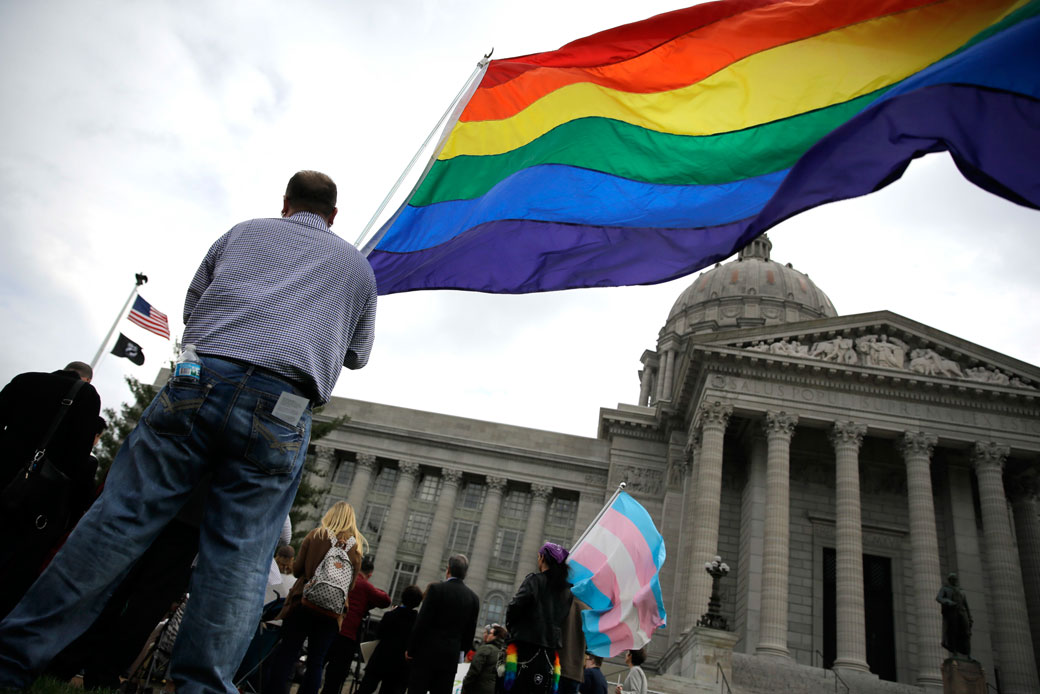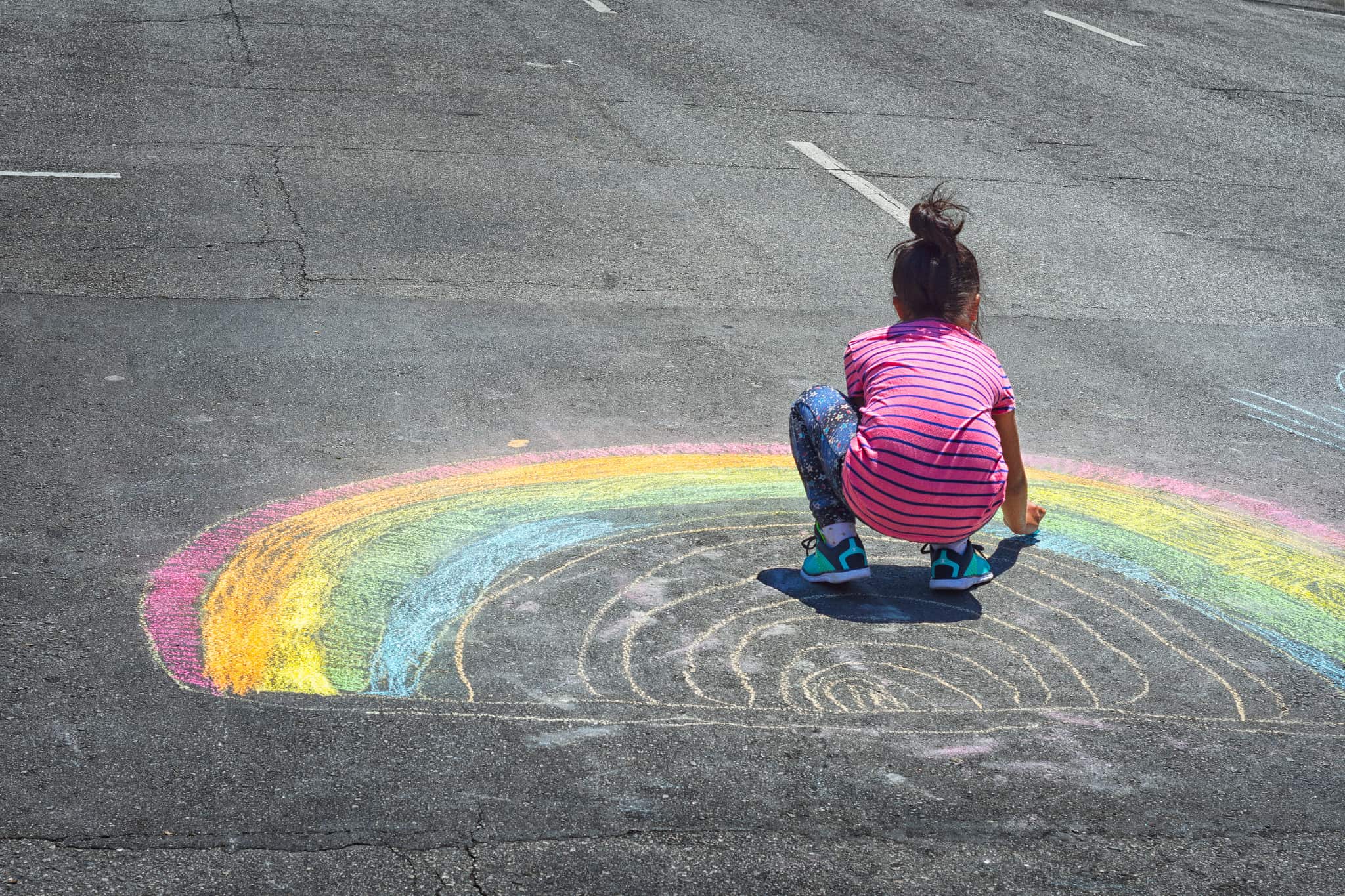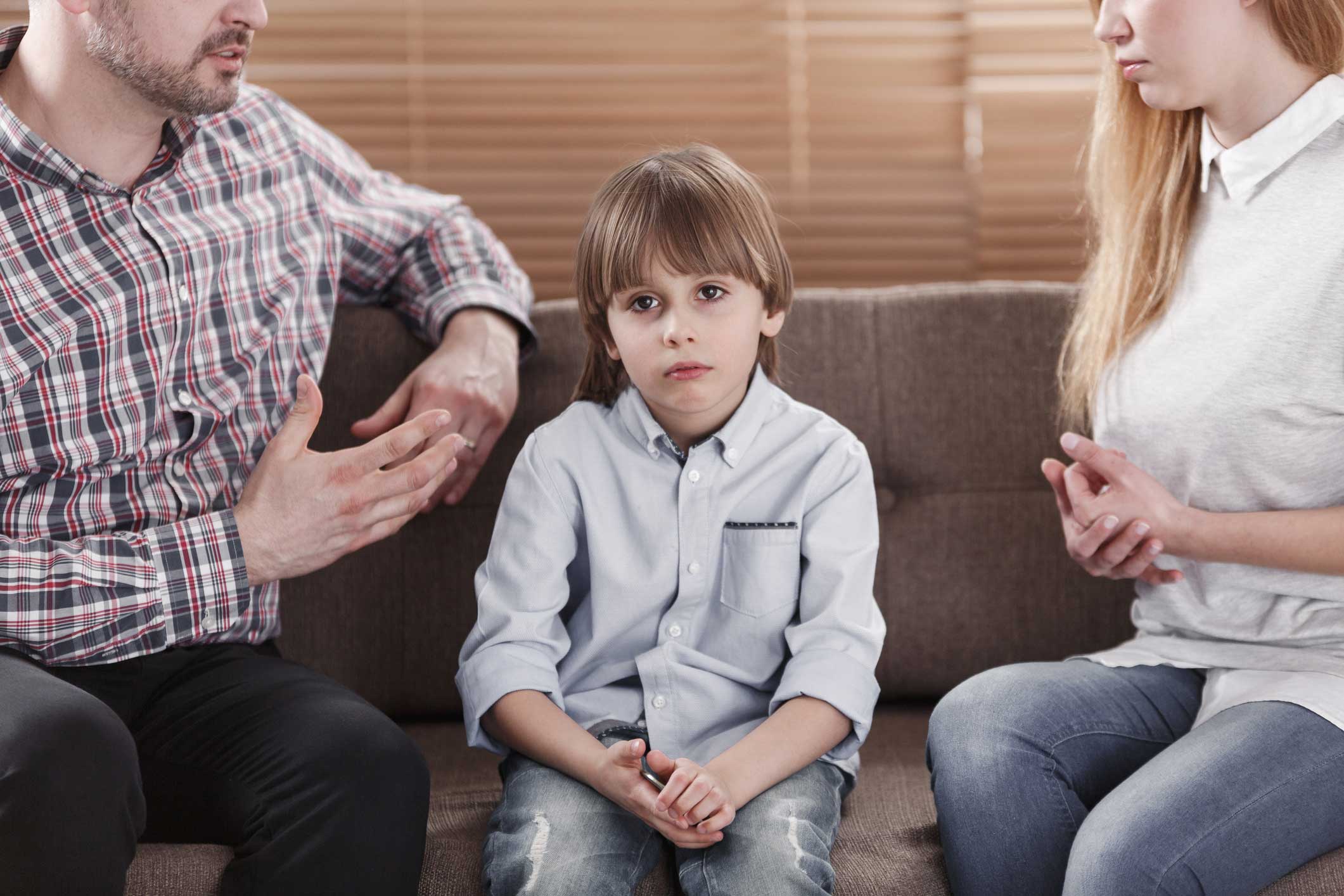Why Is Raising Lgbtq+ Kids in Society Challenging?
Raising LGBTQ+ kids in society is challenging due to societal prejudices, discriminatory laws, family acceptance struggles, and the lack of inclusive education. Social stigma and prejudice impact their mental health, while legal barriers create a hostile environment. Family acceptance issues and a lack of support systems add to the complexity. It’s important to understand these challenges and seek ways to support LGBTQ+ youth effectively. By addressing these issues, you can help create a more inclusive and accepting environment for your children.
Key Takeaways
- Societal stigmas and prejudices affect LGBTQ+ youth’s well-being.
- Inclusive education barriers hinder LGBTQ+ students’ academic success.
- Legal discriminatory laws create a hostile environment for LGBTQ+ youth.
- Family acceptance struggles impact LGBTQ+ children’s mental health.
- Support systems and community engagement are crucial for raising LGBTQ+ kids.
Social Stigma and Prejudice

How do societal stigmas and prejudices impact the experiences of LGBTQ+ youth growing up in today’s world?
The impact of societal stigmas and prejudices on LGBTQ+ youth is profound and multifaceted. Research has shown that these negative attitudes can lead to increased rates of mental health issues, substance abuse, and even homelessness among LGBTQ+ individuals. Community support plays an essential role in mitigating these effects.
When LGBTQ+ youth have access to supportive communities, whether through LGBTQ+ organizations, school clubs, or online forums, they’re better equipped to navigate the challenges posed by societal prejudices.
Media representation also plays a critical role in shaping the experiences of LGBTQ+ youth. Positive and accurate portrayals of LGBTQ+ individuals in the media can help combat stereotypes and promote acceptance. Conversely, negative or stereotypical representations can reinforce harmful prejudices and contribute to feelings of isolation and alienation among LGBTQ+ youth.
Lack of Inclusive Education
You might notice that the education system presents barriers to creating an inclusive environment for LGBTQ+ kids.
Research shows that there are significant curriculum diversity gaps that fail to adequately represent LGBTQ+ experiences and contributions.
It’s important to address these issues to make certain that all students feel seen, respected, and supported in their educational journey.
Education System Barriers
One prominent barrier faced by LGBTQ+ kids in the education system is the lack of inclusive education, hindering their sense of belonging and academic success. When schools fail to provide inclusive environments, LGBTQ+ students may feel isolated and unsupported, impacting their overall well-being and educational outcomes.
Research indicates that parental involvement plays a vital role in advocating for inclusive policies and resources within schools. However, limited school resources dedicated to LGBTQ+ education often impede progress in this area.
Without inclusive education, LGBTQ+ youth may face discrimination, bullying, and a lack of representation in the curriculum. This exclusion can lead to lower self-esteem, higher dropout rates, and decreased academic performance among LGBTQ+ students.
Enhancing inclusivity in the education system through thorough policies, teacher training, and diverse resources is essential to create a safe and supportive learning environment for all students, regardless of their sexual orientation or gender identity.
Curriculum Diversity Gaps
Addressing curriculum diversity gaps is essential in promoting inclusivity and support for LGBTQ+ students in the education system. Representation in textbooks and inclusive lesson plans play a vital role in creating a safe and welcoming environment for all students, regardless of their sexual orientation or gender identity.
When LGBTQ+ individuals aren’t represented in textbooks, it sends a message that their identities aren’t valid or important. This lack of representation can lead to feelings of isolation and invisibility among LGBTQ+ students.
Inclusive lesson plans that feature LGBTQ+ historical figures, events, and perspectives help validate the experiences of these students and foster a sense of belonging within the educational setting. Research shows that LGBTQ+ students who see themselves reflected positively in the curriculum experience higher levels of self-esteem and academic achievement.
Mental Health Impact
You may know that supporting LGBTQ+ youth is vital for their mental well-being. Stigma and discrimination can greatly impact their mental health, leading to higher rates of anxiety, depression, and even suicidal thoughts.
Research shows that creating safe and inclusive environments is essential to combat these negative effects and promote positive mental health outcomes for LGBTQ+ youth.

Support for Lgbtq+ Youth
Supporting LGBTQ+ youth is essential for addressing the mental health impact of societal attitudes and discrimination. Community resources play an indispensable role in providing safe spaces and mental health support for LGBTQ+ youth. These resources offer counseling services, support groups, and access to healthcare professionals who understand the unique challenges faced by LGBTQ+ individuals.
Peer support is another pivotal aspect of helping LGBTQ+ youth navigate their mental health. Connecting with peers who share similar experiences can reduce feelings of isolation and provide a sense of belonging.
Advocacy efforts are key in promoting policies that protect LGBTQ+ youth and address mental health disparities. Organizations work tirelessly to push for inclusive education, anti-bullying initiatives, and mental health resources tailored to LGBTQ+ youth. By advocating for their rights and well-being, these groups contribute to creating a more supportive environment for LGBTQ+ youth to thrive.
Stigma and Discrimination
The mental health impact of stigma and discrimination on LGBTQ+ youth underscores the urgent need for extensive support systems and societal change. Studies consistently show that LGBTQ+ individuals face higher rates of mental health issues due to the discrimination and stigma they encounter. This includes increased risks of depression, anxiety, and even suicidal ideation.
Community support plays a vital role in mitigating these negative effects, providing a safe space for LGBTQ+ youth to express themselves without fear of judgment.
Workplace discrimination further exacerbates these challenges, leading to heightened stress levels and feelings of isolation. LGBTQ+ individuals often experience discrimination in hiring processes, promotions, and even daily interactions at work. This not only affects their professional growth but also takes a toll on their mental well-being.
It’s imperative for workplaces to foster inclusive environments and actively combat discrimination to support the mental health of LGBTQ+ employees. By addressing stigma and discrimination at both the community and workplace levels, we can work towards creating a more supportive and accepting society for LGBTQ+ individuals.
Legal and Policy Barriers

Overcoming legal and policy barriers can pose significant challenges for families raising LGBTQ+ kids in today’s society. Discriminatory laws and policy restrictions create a hostile environment where LGBTQ+ youth face legal discrimination and societal challenges.
In many regions, laws fail to provide adequate protection against discrimination based on sexual orientation or gender identity. This lack of legal safeguards can lead to LGBTQ+ children experiencing bullying in schools, discrimination in healthcare settings, and even rejection from social services.
Policy restrictions further compound the difficulties faced by families raising LGBTQ+ kids. For example, limitations on LGBTQ+ individuals’ rights to adopt or foster children can prevent loving families from providing safe and supportive homes for kids in need. Additionally, legal discrimination in areas such as housing or employment can create financial strain and instability for families, impacting the well-being of LGBTQ+ children.
Navigating these legal and policy barriers requires resilience and advocacy to push for inclusive laws and policies that protect and support LGBTQ+ youth and their families.
Family Acceptance Struggles
Managing the complexities of family acceptance struggles can be emotionally challenging for parents raising LGBTQ+ children in a society that may not always offer understanding or support. The dichotomy between parental acceptance and community rejection can create a turbulent environment for both the children and their caregivers. Parents may experience internal conflict as they navigate their own beliefs and societal expectations, while also grappling with external pressure from relatives, friends, or religious communities who may not be accepting.
Research shows that family acceptance is vital for the well-being of LGBTQ+ youth, impacting their mental health and overall happiness. When families struggle to accept their children’s identities, it can lead to feelings of isolation and rejection, exacerbating the challenges already present in society. Addressing these family dynamics requires open communication, education, and a willingness to challenge ingrained beliefs, fostering an environment where LGBTQ+ children can thrive despite the obstacles they may face.
Support System Importance

Establishing a strong support system is essential for parents maneuvering the challenges of raising LGBTQ+ children in a society that may not always provide understanding or acceptance. Parental understanding plays an important role in creating a safe and nurturing environment for LGBTQ+ children. It’s necessary for parents to educate themselves about LGBTQ+ identities, experiences, and challenges to better support their children.
By fostering open communication and empathy, parents can strengthen their bond with their children and provide the love and acceptance every child deserves.
Community involvement is another key aspect of a support system for parents of LGBTQ+ children. Connecting with other families, LGBTQ+ support groups, and community organizations can provide valuable resources, guidance, and a sense of belonging. Being part of a supportive community can help parents navigate societal challenges, combat stigma, and advocate for their children’s rights.
Building a network of understanding friends, allies, and professionals can offer emotional support and practical advice, making the journey of raising LGBTQ+ children less overwhelming and more empowering.
Frequently Asked Questions
How Can Parents Help Their Lgbtq+ Children Navigate Dating and Relationships?
To help your LGBTQ+ child navigate dating and relationships, focus on communication skills and setting boundaries. Provide strong support systems and show acceptance. Encourage open conversations, respect their choices, and offer guidance when needed.
What Role Do Lgbtq+ Allies Play in Supporting These Children?
As an LGBTQ+ ally, you play a pivotal role in supporting these children. Your community involvement, advocacy, and commitment to counseling and education create a more inclusive environment where LGBTQ+ youth feel accepted and empowered.
Are There Specific Challenges for Transgender and Non-Binary Youth?
Addressing challenges for transgender and non-binary youth involves understanding the complexities of transgender healthcare and the representation of non-binary identities in media. Your support and advocacy can create a more inclusive environment for these individuals.
What Resources Are Available for Lgbtq+ Youth in Rural Areas?
In rural areas, LGBTQ+ youth can access support through community centers offering counseling and events. Online forums provide virtual safe spaces for connection and advice. These resources empower you to navigate challenges and embrace your identity.
How Can Schools Better Support Lgbtq+ Students in Sports and Extracurricular Activities?
To better support LGBTQ+ students in sports and activities, schools can provide inclusivity training, establish support groups, implement policies promoting equality, and involve the community. These steps create a safer, more accepting environment for all students.
Conclusion
To sum up, raising LGBTQ+ kids in society can be challenging due to the social stigma, lack of inclusive education, mental health impact, legal barriers, and family acceptance struggles they face.
It’s essential for parents, educators, policymakers, and society as a whole to provide a supportive and accepting environment for these individuals to thrive.
By addressing these challenges and providing the necessary support systems, we can create a more inclusive and understanding society for all.

Hey there! 👋 I’m a proud mom and passionate writer, sharing my parenting journey. 📝 Join me as I navigate the ups and downs of motherhood, offering tips, advice, and a sprinkle of humor along the way. 🌟







